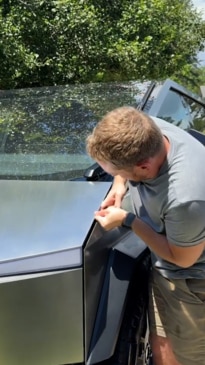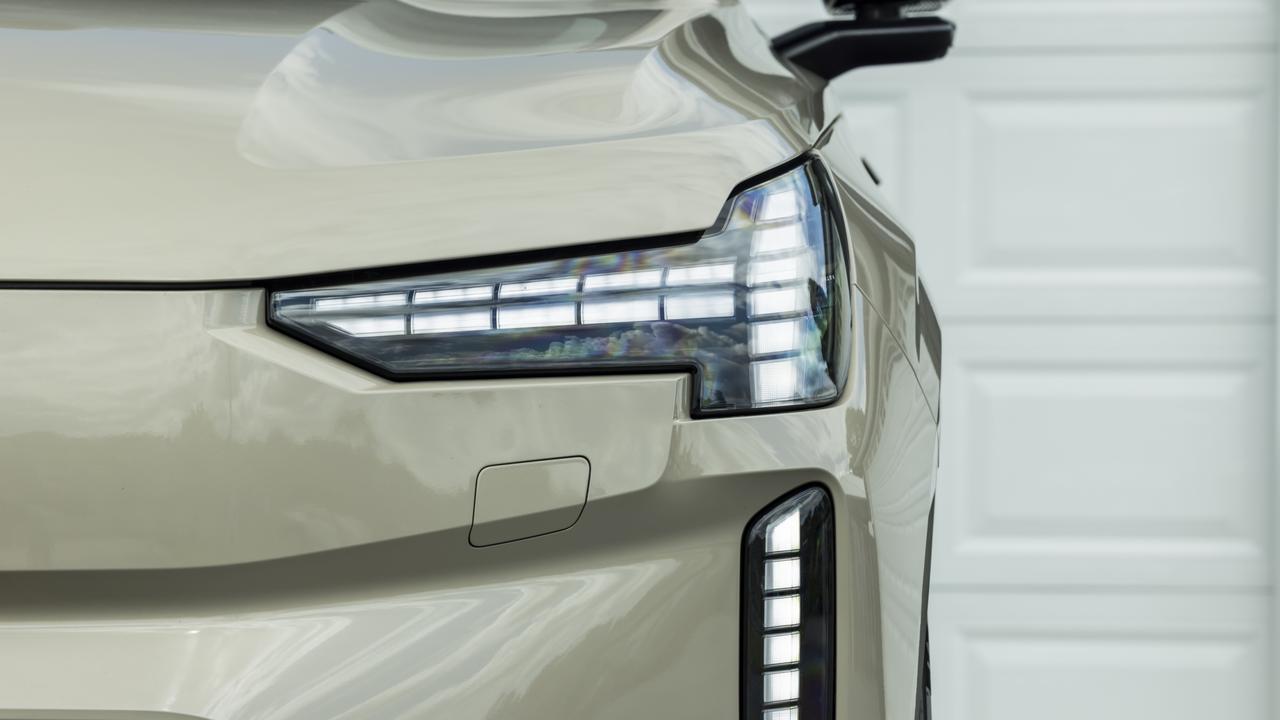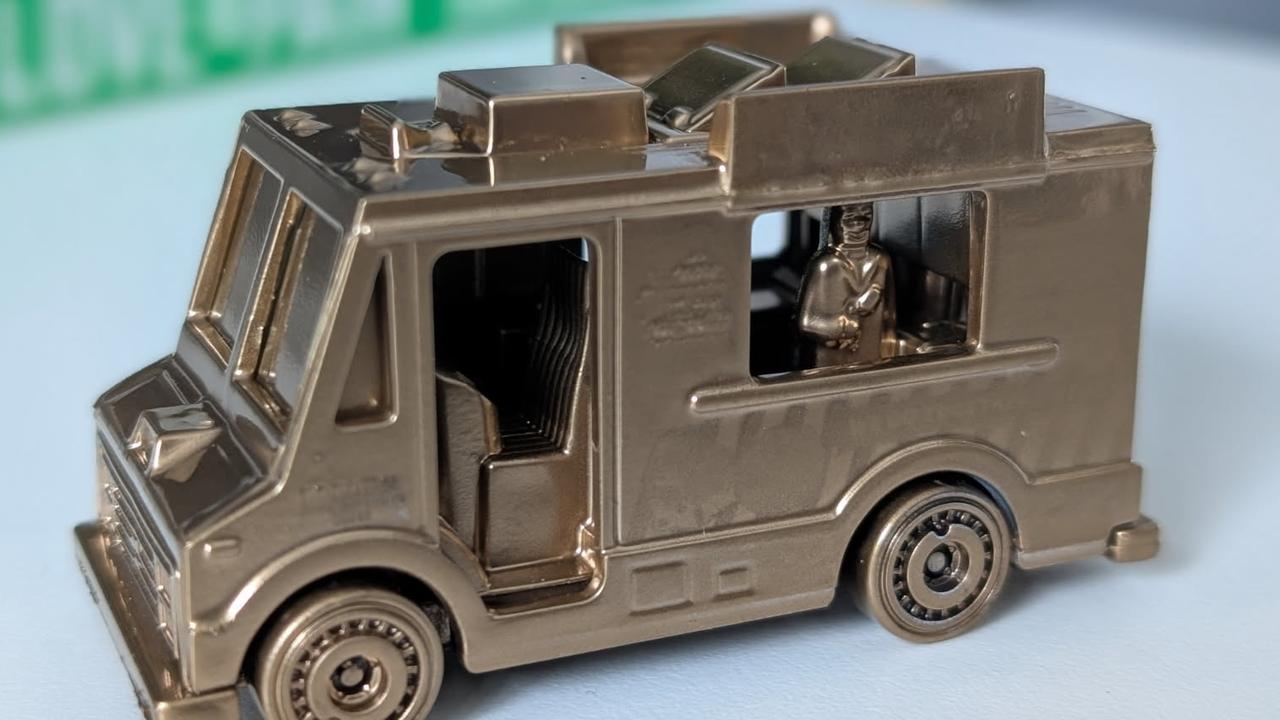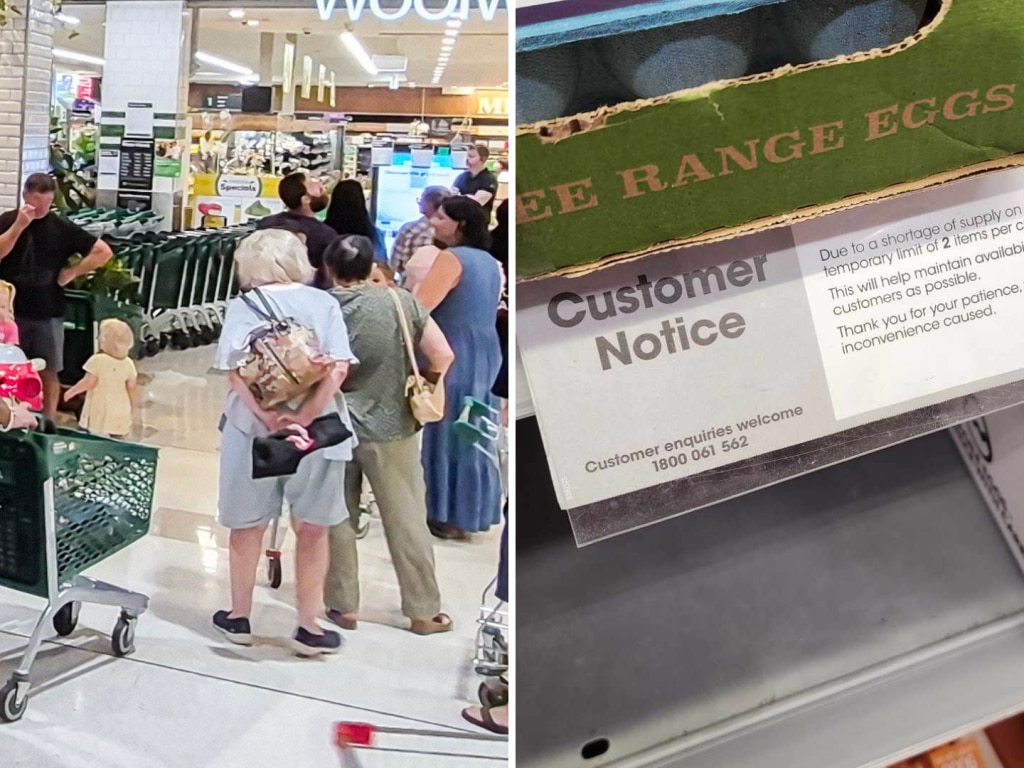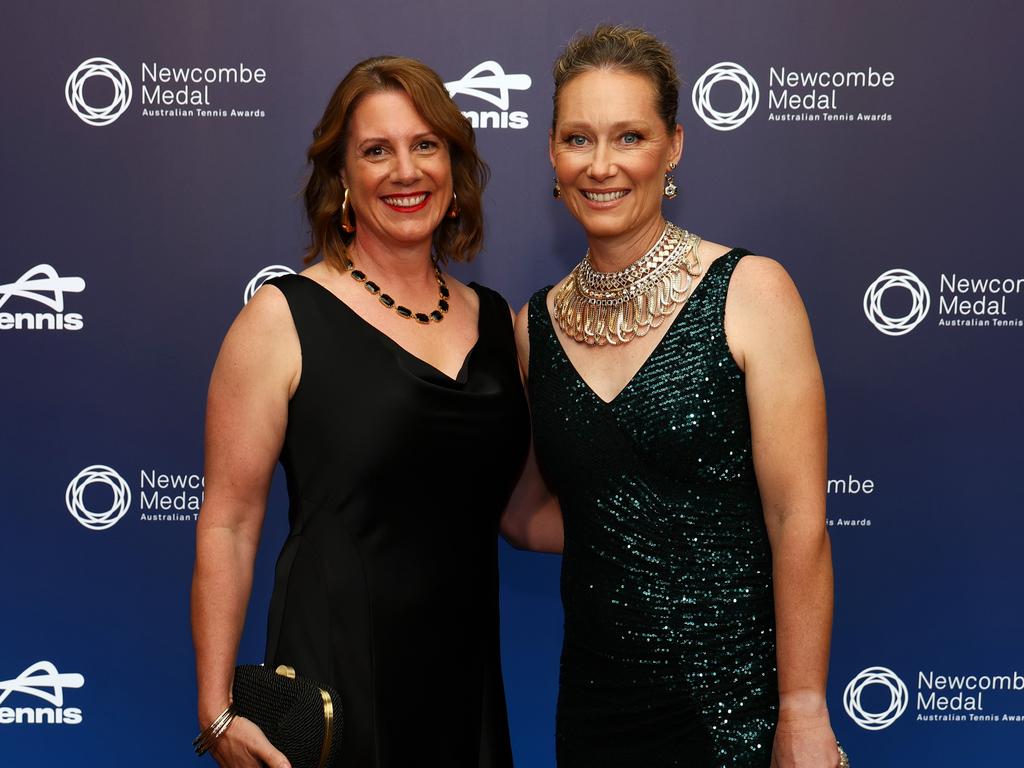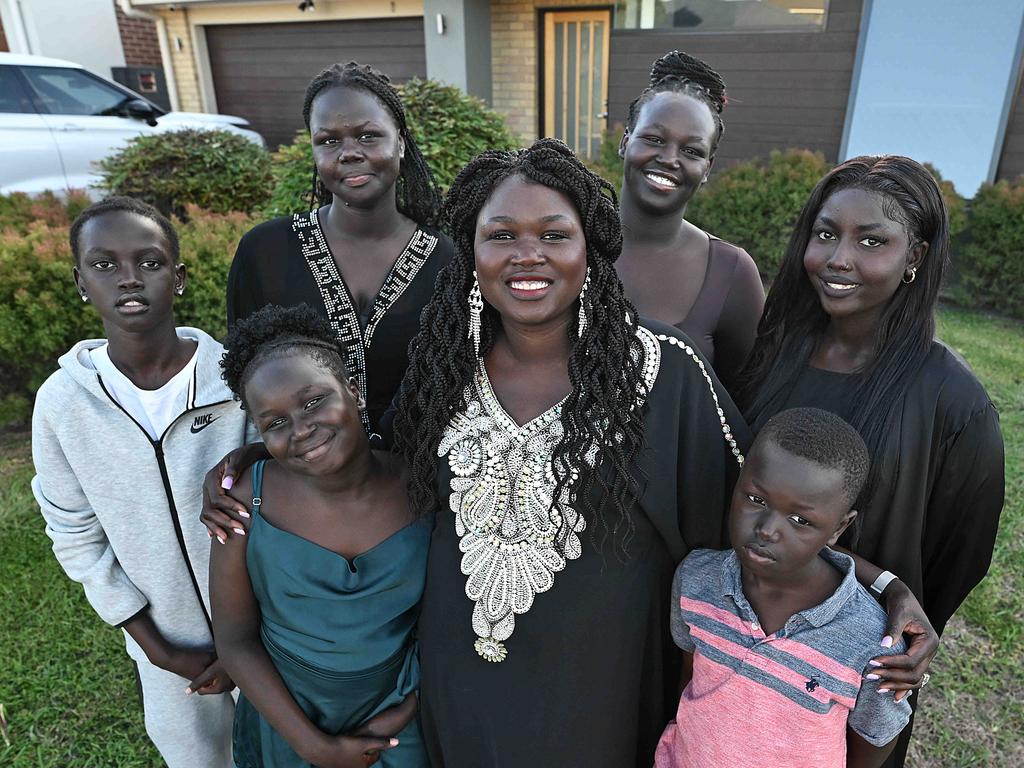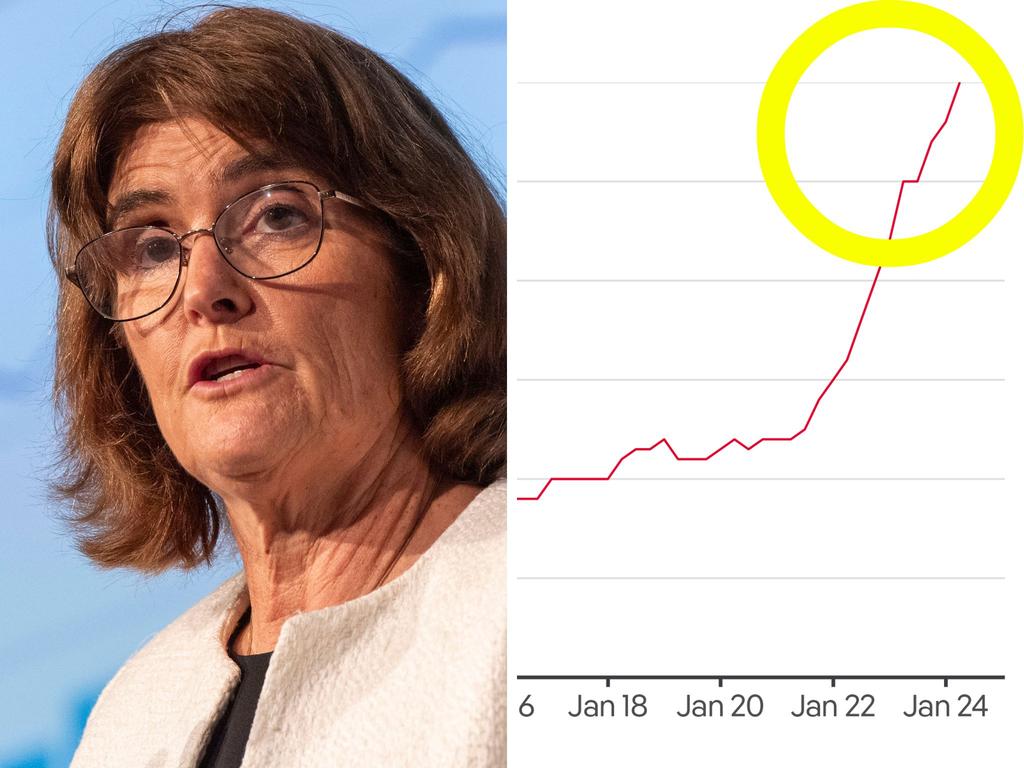‘Constant failure’: Elon Musk’s behaviour is only part of Tesla’s downward spiral – it’s simply ‘drowning’ in failures
Tesla’s fortunes are falling fast but it’s not all down to billionaire owner Elon Musk’s wild antics – there are deeper issues that could spell disaster.
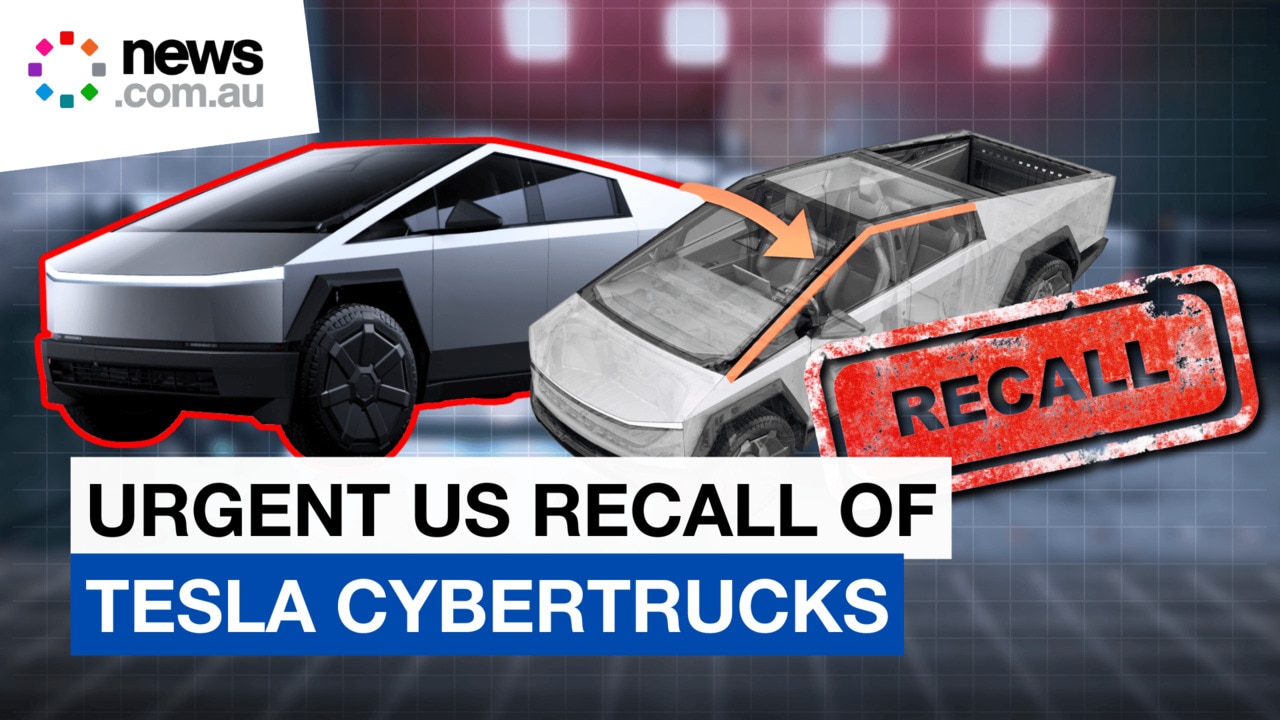
Motoring
Don't miss out on the headlines from Motoring. Followed categories will be added to My News.
Tesla’s financial future looks increasingly perilous, with half its share value wiped out in recent months on the back of plunging sales figures and a mass rejection of the “toxic” brand by the public.
But experts say that rapid downward spiral can’t be blamed solely on owner Elon Musk’s divisive political activities and erratic behaviour.
Put simply, Tesla has failed to innovate, isn’t delivering on its lofty promises, and is producing shonky products that can’t compete with cheaper and better made cars.
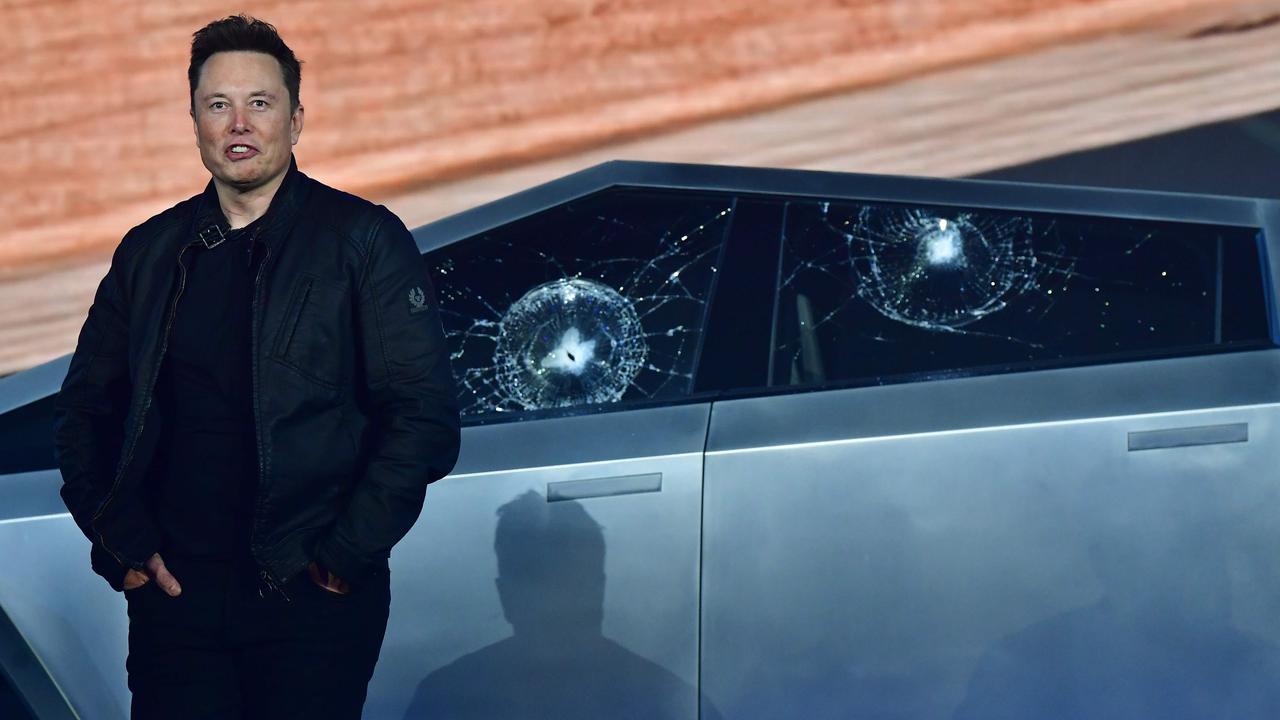
Stephen Dann, an expert in marketing, management and leadership at Australian National University’s College of Business and Economics, believes Musk has merely shone a brighter spotlight on a trend of “constant failure”.
“Frankly, Elon Musk has never delivered anything that wasn’t connected to a paternity suit,” Dr Dann said, in a reference to the eccentric billionaire fathering at least 14 kids.
“The guy can’t code, he doesn’t understand the physics of space flight, he won’t take the time to understand how government works, and he’s turned Twitter into a much smaller social media network.
“Now, he’s showing his ineptitude at scale. The illusion of genius was married to one good bet paying off because the Prosperity Gospel says that rich equals smart.”
Luck and lost opportunity
After creating and selling an electronic version of the Yellow Pages, Musk bought into PayPal and made a good profit on his forced exit – he was removed as CEO by a board that loathed him – which he used to purchase Tesla.
Part of an ugly settlement with the original creators of the fledgling EV start-up was that Musk could call himself ‘founder’ even though he isn’t.
The success of the company in making EVs mainstream – and cool – is attributed to his genius vision when in reality the credit should probably go to a massive team of engineers and designers.
“As a car-making company, Tesla was once a pretty solid mid-range brand and had an initial lead in the market,” Dr Dann said.
“But the constant failure to deliver on a whole range of promised features – self-driving, battery range, and on-board LiDAR – only irrationally drives markets so far.”
Tesla has endured frequent and costly production delays, constant issues with quality control, and a litany of lawsuits from angry customers alleging misleading and deceptive conduct over promise features that never eventuated.
Back in 2016, Musk promised all Tesla vehicles would soon have full self-driving capabilities. Three years later, he forecast the company would own and operate a million robo-taxis by mid-2020.
In 2020, he assured Tesla owners and investors that full self-driving mode would roll out by the end of that year. In 2023, he again promised full autonomy “later this year”.
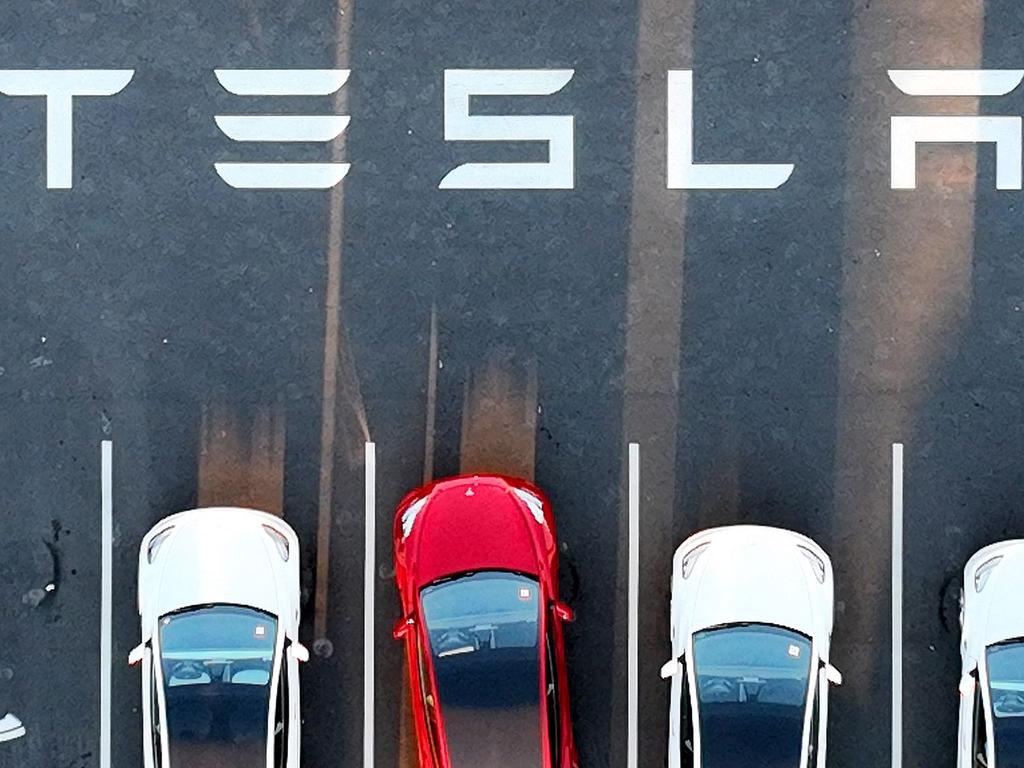
Autonomous beta mode is active in some parts of the United States.
The technology – which costs $15,000 as an add-on – actually requires drivers to be in constant control of their vehicles because they truly aren’t capable of driving themselves.
At the same time, model designs have barely changed, and the once-futuristic brand looks increasingly dated and out-of-step.
Consumer behaviour researcher Professor Nitika Garg from UNSW Sydney’s Business School, said Tesla seems to be resting on its laurels.
“Their product variety and innovation aren’t keeping pace with the market,” Dr Garg said.
“If you look at the Chinese EV brands, they are far outstripping Tesla right now – not only in sales, but because of the technology and the features they’re offering across a range of models, and the price they’re able to offer buyers.”
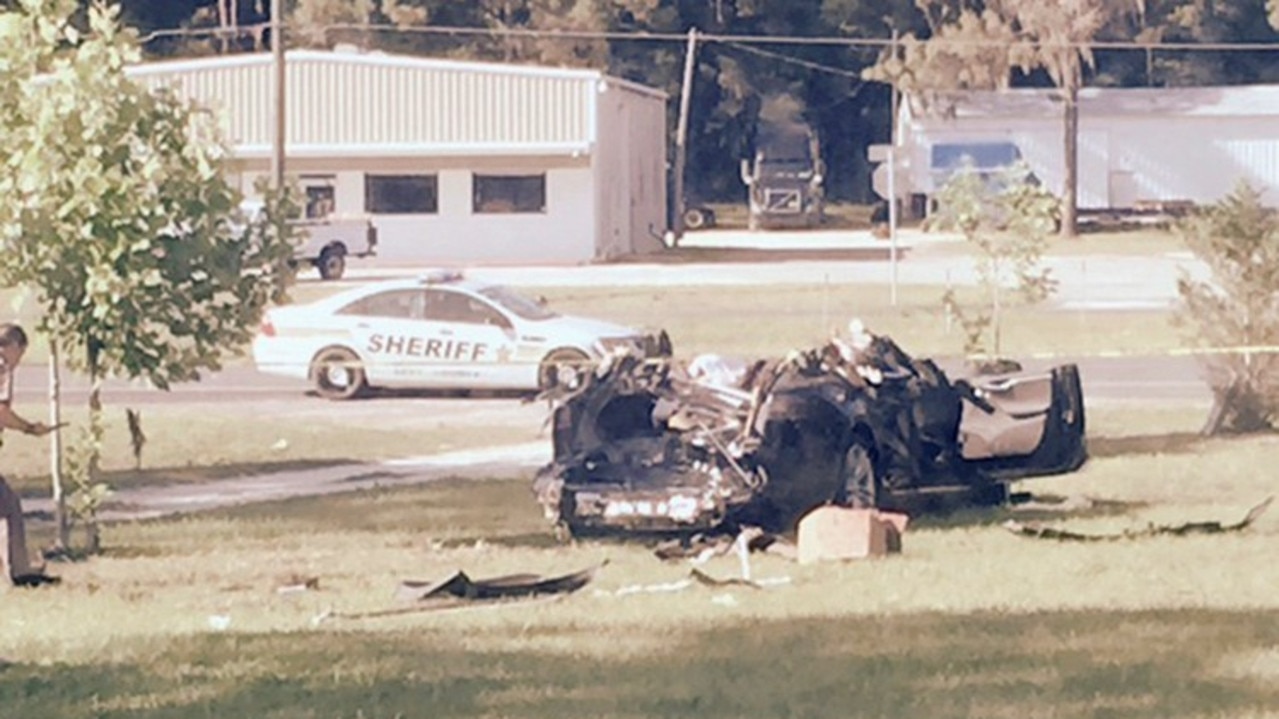
The most recent shiny new offering was the shambolic Cybertruck, which has been plagued by technical issues, failed to live up to its ‘unbreakable’ hype, and has been the subject of several mass recalls.
The now infamous product demonstration where Musk hyped the car’s bulletproof armour windows, before the glass shattered when a metal ball was thrown at it, should’ve been a major red flag.
“At the end of the day, Tesla launched a plastic and glue car into a friendly and receptive market, and it failed to deliver,” Dr Dann said.
Even staunch loyalists will be questioning their allegiance to Musk and his cars and their willingness to drop “half a house deposit” on a flawed product, he said.
“Couple the frequency of burning customer goodwill like a Tesla charger station with the Cybertruck being a product recall-a-thon, and they’ve earned their brand damage the old-fashioned Ford Pinto way.”
A smoke and mirrors game’
Musk has long been accused by some of profiting off the illusion that he’s a great inventor when in reality he has merely bought innovative companies.
That criticism has grown in recent times.
The entirety of Musk’s lauded status over the past decade or so has been “a FOMO-driven, personality led gamble” that’s now falling apart, Dr Dann said.
Tesla, along with Musk’s other ventures like SpaceX, have relied heavily on the celebrity of Musk for “the longest time”.
But that has proven to be a double-edged sword, as recent times have illustrated.
“The biggest challenge for the Musk-associated brands is that they’ve known for quite a while that the guy is smoke and mirrors,” Dr Dann said.
Take some of Musk’s other endeavours, which have been equally bogged down by overzealous promises and a lack of advancement, he said.
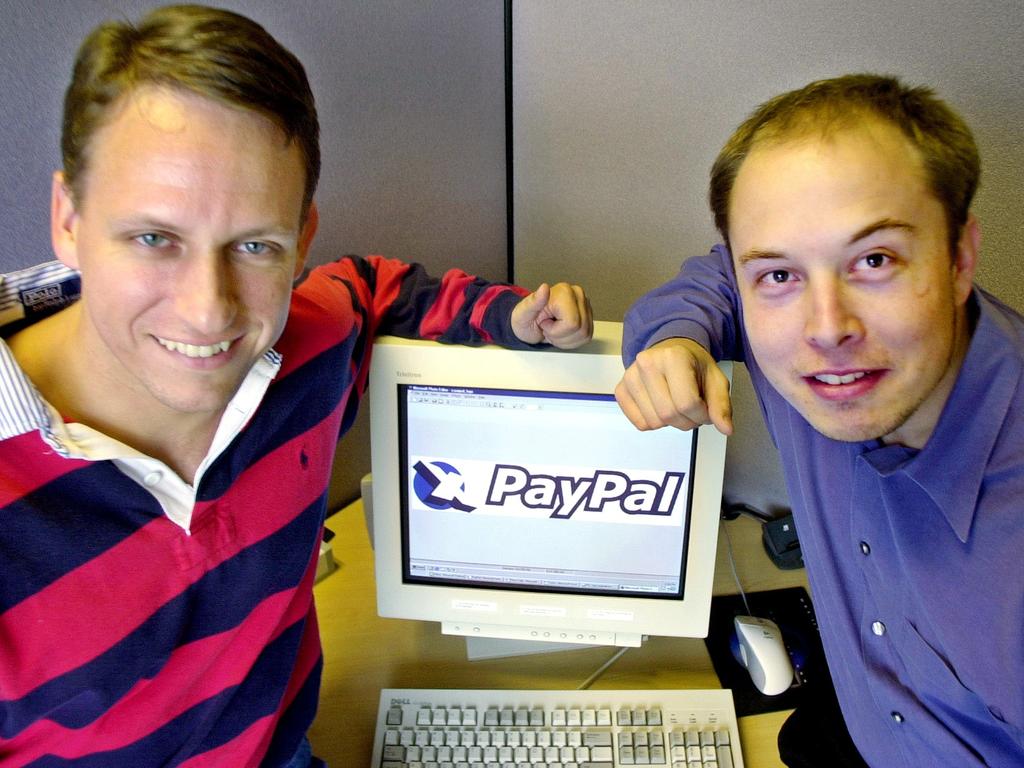
“In 2016, Musk stated that SpaceX should be able to launch people to Mars in 2024, with arrival in 2025,” he pointed out.
Last year, he vowed his Starship rocket would land on the red planet by the end of 2026.
“If those landings go well, then human landings may start as soon as 2029, although 2031 is more likely,” he wrote on X.
But recent Starship test flights have experienced “rapid unscheduled disassemblies” – Musk speak for ‘they exploded’.
“SpaceX can’t be saved without the massive injections of US Government funds it depends on to put on increasingly worse firework displays,” Dr Dann said.
“It can’t get the payloads it promised at the price it promised with the certainty of delivery it promised, and it’s those promises never materialising that matter in the market – alongside Musk’s current rebrand.
“Irrationality drives markets only so far.”
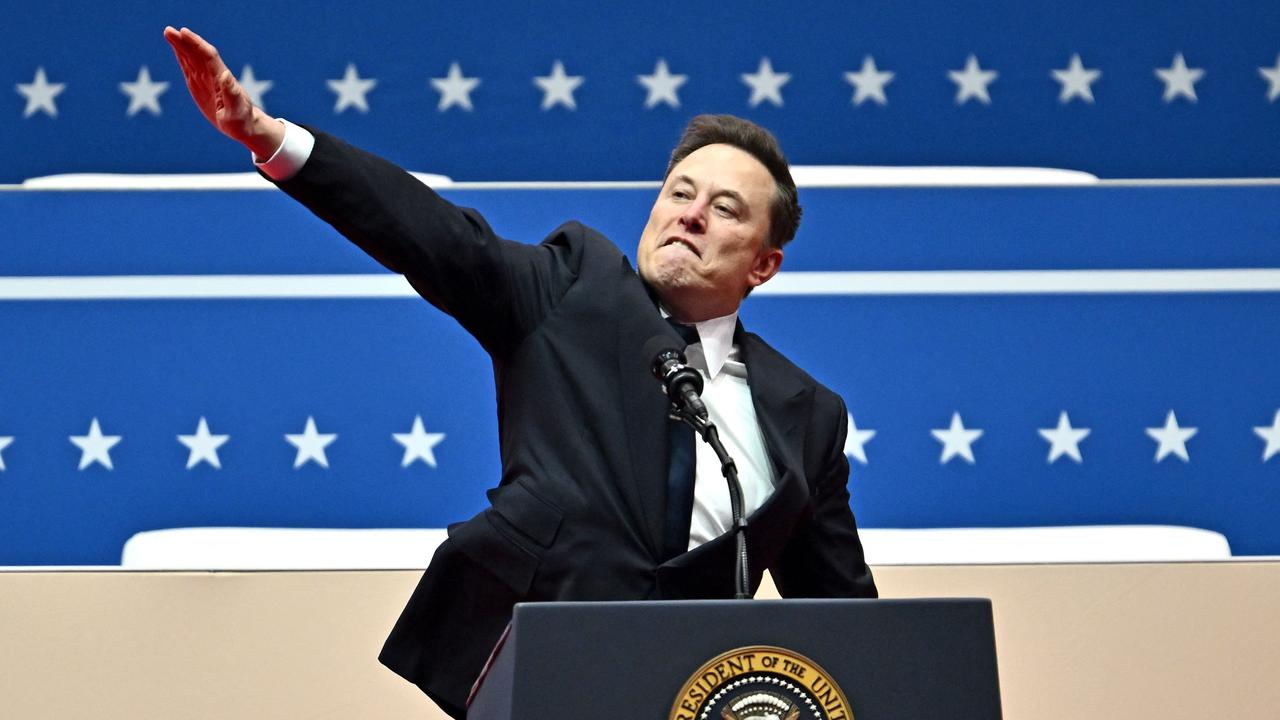
Musk once announced plans to produce and sell flamethrowers, launched the Boring company to rapidly dig and build mass transit tunnels, and promised an ultra-fast transportation system with passenger pods inside tubes called Hyperloop.
“All Hyperloop did was cut off funds for public transport,” Dr Dann said.
Musk paid a fortune for a green energy company called SolarCity and proudly showed off its solar panel roof tiles, which were revolutionary.
It was later revealed the product demonstrated was a fake.
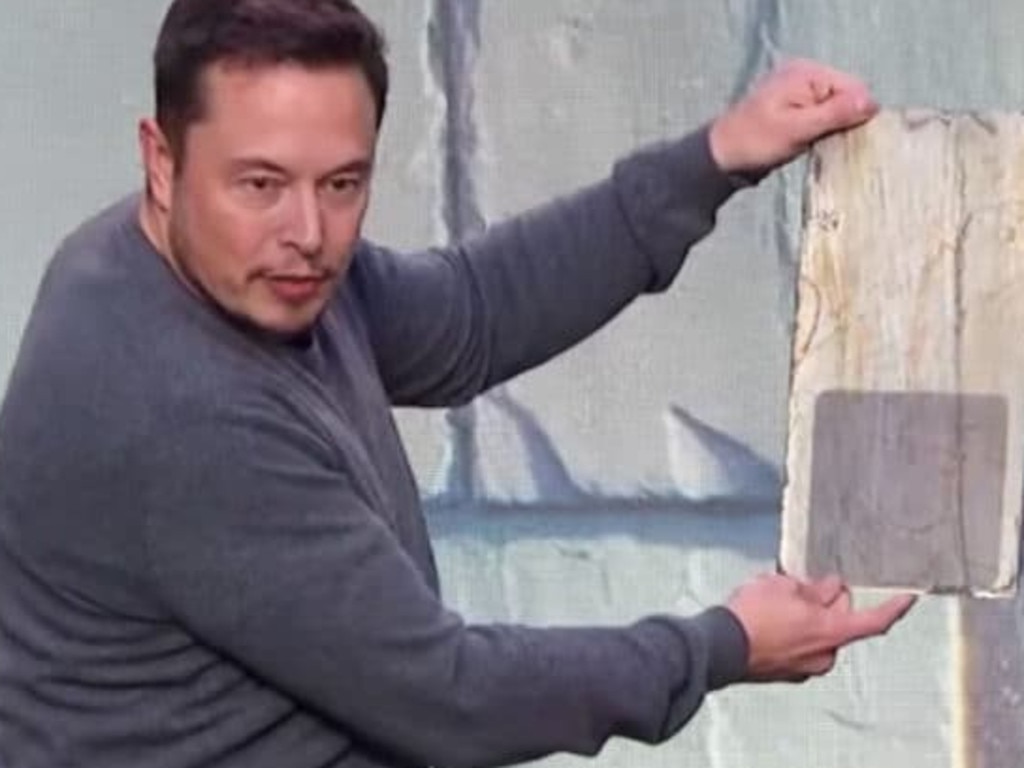
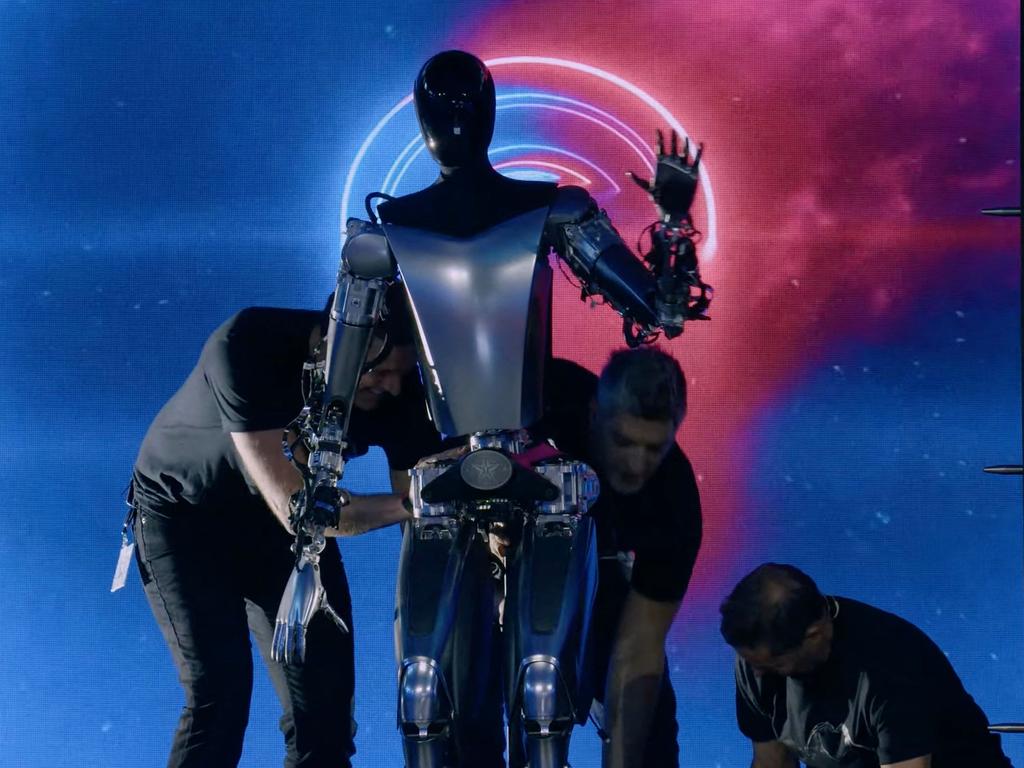
That wasn’t the only time the billionaire unveiled innovations that weren’t all they seemed, with last year’s demonstration of ‘autonomous’ humanoid robots becoming a laughing-stock of tech when it turned out they were remotely controlled by humans.
The Musk brand is toxic
Any remaining shred of belief that Musk is the greatest inventor of our time is being rapidly eroded by his very public meltdowns, Dr Dann believes.
“That [perception] is definitely falling by the wayside the more unfiltered access we’ve had to him directly via his X account.
In the past few months alone, Musk has decried “empathy” as a social ill, threatened critics of US President Donald Trump with jail time, and addressed an ultra-far-right political gathering in Germany hot on the heels of performing not one, but two ‘Roman salutes’.
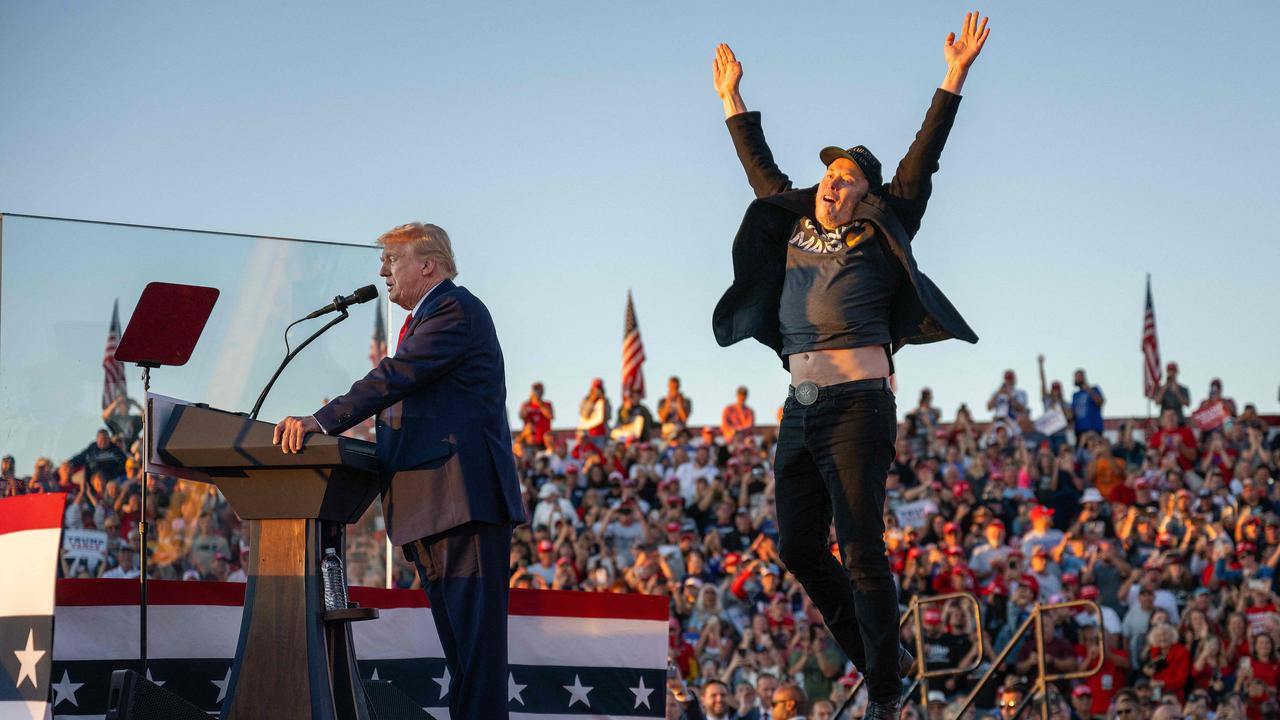
“He built his personal brand based on a mythology, but by really paying people to do things for him,” Dr Dann said.
“It isn’t holding weight.
“Combine that with his very intentional decision to align to a niche market of WWII reenactors – ones without the mass market appeal, and definitely an unwanted ex-European brand – and he’s getting the consequences of his actions.”
Can Tesla be saved?
Things don’t look good for Tesla.
Competition in the EV sector is fierce and markets where Musk’s company once enjoyed dominant market share are turning to alternatives.
Plus, Tesla’s brand value is crumbling – down by 26 per cent across the course of 2024, according to research firm Brand Finance.
Tesla sales in Australia plunged by 72 per cent in February, continuing a downward trend observed for some months. Data for March will be released later this week.
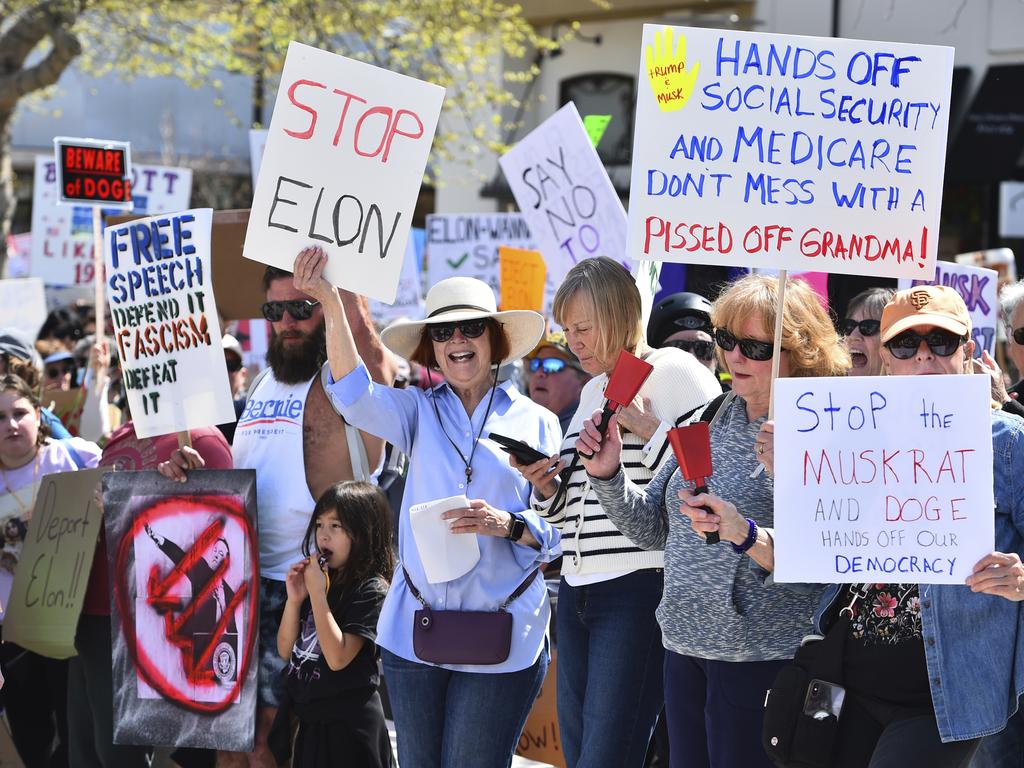
Sales in Europe are down 42 per cent for the first two months of the year. The fall was even sharper in China – down 50 per cent in February – despite the brand’s long-running dominance there.
If the current a situation persists, Rajat Roy, an associate professor of marketing at Bond University’s Business School, believes the brand is in serious trouble.
“I think Tesla needs a brand reset. Separating themselves from Elon Musk is probably a starting point. From there, it’s going to be a long and tough process.”
Dr Dann believes Tesla can either “go down with the ship” or solve the many problems with its products.
It should also disassociate itself with “Elon’s decision to adopt a retro 1940s political approach that lost cultural cachet as far back as The Sound of Music”.
“If the brands want out of his shadow, they need to disendorse him publicly, actively separate, and openly criticise where Musk stands, or accept their fate.”
Dr Garg believes Tesla either needs to drastically innovate and rethink its brand association with Musk.
“Unless they do, it’s hard to see how the company does any better – or at the very least, doesn’t do worse.”
More Coverage
Originally published as ‘Constant failure’: Elon Musk’s behaviour is only part of Tesla’s downward spiral – it’s simply ‘drowning’ in failures


